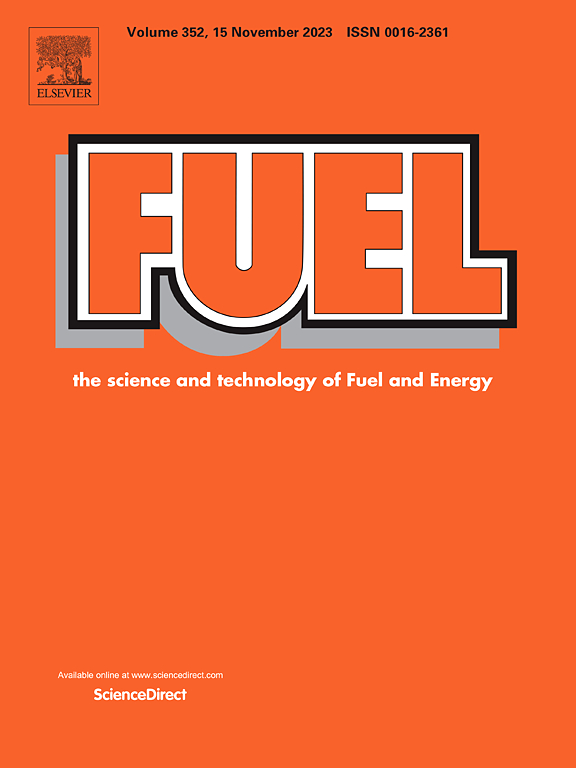Simulation study on the effect of temperature on hydrogen production performance of alkaline electrolytic water
IF 7.5
1区 工程技术
Q2 ENERGY & FUELS
引用次数: 0
Abstract
This study establishes a system model for hydrogen production via alkaline water electrolysis to analyze the performance of the alkaline water electrolysis system under different current densities, temperatures, and pressure conditions. To perform the performance simulation analysis, Aspen Plus software modules were used to build the model and carry out the performance analysis. Before conducting the system study, a voltage model of the alkaline electrolyzer was developed and fitted to experimental data for validation. The results indicate that theoretical thermal efficiency increases with increasing current density, and within a certain range, the current density can enhance system efficiency and reduce energy consumption, with a peak value at which system efficiency is maximized. Increasing the temperature can improve system efficiency and reduce energy consumption, but in practice, higher temperatures are not always better due to economic considerations and equipment limitations. While changing the pressure can slightly improve system efficiency and reduce energy consumption, its impact is minimal, making pressure an ineffective method for significantly enhancing efficiency or reducing energy consumption. The data and results of this study provide foundational material for research on hydrogen production via alkaline water electrolysis and enrich the theoretical research in this field to a certain extent.
温度对碱性电解水制氢性能影响的模拟研究
本研究建立了碱性水电解制氢的系统模型,以分析碱性水电解系统在不同电流密度、温度和压力条件下的性能。为了进行性能模拟分析,使用了 Aspen Plus 软件模块来建立模型和进行性能分析。在进行系统研究之前,先建立了碱性电解槽的电压模型,并与实验数据拟合进行验证。结果表明,理论热效率随电流密度的增加而提高,在一定范围内,电流密度可提高系统效率并降低能耗,系统效率最大值为峰值。提高温度可以提高系统效率并降低能耗,但在实际应用中,由于经济因素和设备限制,温度越高并不一定越好。虽然改变压力可以略微提高系统效率并降低能耗,但其影响微乎其微,因此压力并不能有效提高效率或降低能耗。本研究的数据和结果为碱性水电解制氢的研究提供了基础材料,并在一定程度上丰富了该领域的理论研究。
本文章由计算机程序翻译,如有差异,请以英文原文为准。
求助全文
约1分钟内获得全文
求助全文
来源期刊

Fuel
工程技术-工程:化工
CiteScore
12.80
自引率
20.30%
发文量
3506
审稿时长
64 days
期刊介绍:
The exploration of energy sources remains a critical matter of study. For the past nine decades, fuel has consistently held the forefront in primary research efforts within the field of energy science. This area of investigation encompasses a wide range of subjects, with a particular emphasis on emerging concerns like environmental factors and pollution.
 求助内容:
求助内容: 应助结果提醒方式:
应助结果提醒方式:


